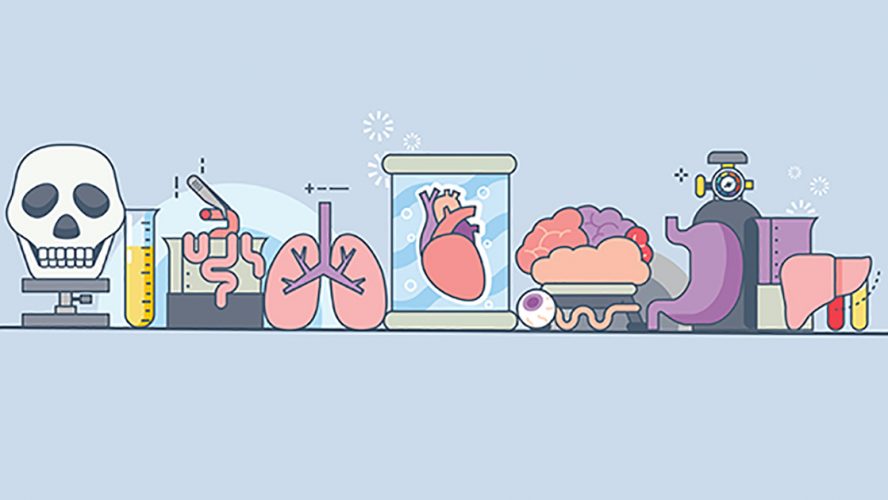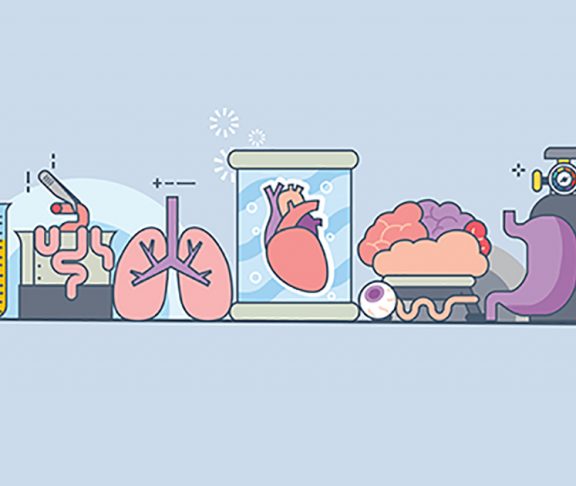Many have called for major improvements in clinical trials that can accelerate the delivery of life-changing treatments to patients, yet randomized clinical trials continue to increase in cost and complexity, and questions of quality remain. Why is it so difficult to right the ship? Improving any single process among the hundreds involved in designing and conducting a clinical trial is unlikely to transform the overall system, nor can changes by just one stakeholder move the needle.
A systematic, evidence-based approach to addressing issues of efficiency and quality in clinical trials — one that includes participants from across the clinical trials enterprise as equal partners — is the method needed to achieve widespread, measurable improvements in clinical trials.
A collaborative approach
An approach that engages everyone with a stake in the success of clinical research is critical to any attempt to transform the system as a whole. This is because the lens through which a pharmaceutical company employee sees a problem is, not surprisingly, different from that of a patient representative, a physician or a government agency representative.
Yet all these points of view matter, and are equally needed to create solutions that work for everyone. When we bring together diverse perspectives to tackle a challenging issue, stakeholders can understand the issue with new context, and eureka moments abound. Breaking down silos allows us to find solutions that empower all stakeholders to make a positive difference. This collaborative dialogue is essential to the foundation of real and lasting change.
Data-powered change
Additionally, to transform clinical trials, we need workable solutions based on evidence, not on anecdote. We must employ rigorous methods to identify areas of greatest need, gather evidence to better understand the issues and use data as the foundation for recommendations and tools that help to improve clinical trial quality and efficiency.
The effort of those who use our findings and recommendations are improving today’s clinical trials. The impact of this work can be seen in policy decisions and practice changes, and we will continue to work toward a better clinical trials system — one that speeds new therapies to the patients and families who need them most.


